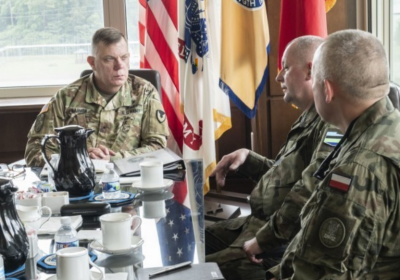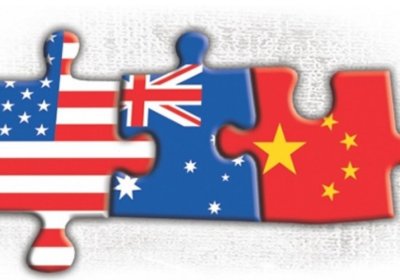If war were not such a profitable enterprise for capitalism, the arms industries would not be so huge, writes William Briggs.
Raytheon
Backed by Scott Morrison and Peter Dutton, the "defence and strategic policy think tank" ASPI is a key player in drumming up a pre-election China threat, writes Marcus Reubenstein.
Over the past three months, the world has watched the escalating tensions between North Korea and the United States with growing alarm. North Korea has continued to develop its nuclear weapons program since first testing an intercontinental ballistic missile (ICBM) on July 4.
It is unlikely either side is planning to start a nuclear war, but the situation could escalate out of control and lead to a conflict involving nuclear weapons. This would have unthinkable humanitarian and environmental consequences.
Yet the arms companies that make such a conflict possible are benefitting from the increased threat of nuclear war, along with their investors.
Early on September 29 peace activists blockaded the Raytheon facility in Alice Springs. Four activists locked onto the gates of the facility preventing employees from entering.



